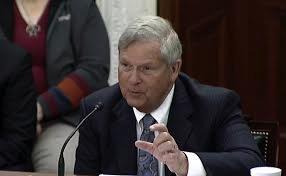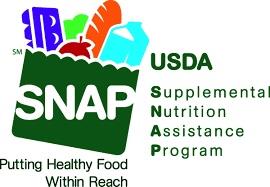 On February 8th, USDA Secretary Tom Vilsack conveyed the concern of his Agency to the governors of 47 states relating to deficiencies in implementation of the Supplemental Nutrition Assistance Program (SNAP). Although SNAP is funds are derived from the USDA budget as authorized by Congress in the Farm Bill, states have the responsibility for distributing benefits.
On February 8th, USDA Secretary Tom Vilsack conveyed the concern of his Agency to the governors of 47 states relating to deficiencies in implementation of the Supplemental Nutrition Assistance Program (SNAP). Although SNAP is funds are derived from the USDA budget as authorized by Congress in the Farm Bill, states have the responsibility for distributing benefits.
Secretary Vilsack stated, “SNAP serves as our nation’s foundational safety net, a crucial resource for the well-being of low-income families, older adults and individuals with disabilities. Timely and accurate SNAP processing is critical to meeting the needs of low-income families and protecting the integrity of SNAP.”
USDA is urging states to “streamline and simplify processes, to reduce paperwork and extend certification periods for households”. Currently, the Food and Nutrition Service of the USDA is taking action to assist states to ensure that recipients receive benefits. Activities will include on-site visits, training, providing guidance and developing innovative strategies to ensure that states attain benchmarks. The USDA will contract with national payroll data providers to facilitate verification of applicants and recertification.

It is possible that some states fail to achieve acceptable standards in the administration of the SNAP program due to understaffing or lack of competence. Accordingly, the USDA is making available $5 million in grants to enhance efficiency and training. It is also possible that the governments of some states are philosophically opposed to SNAP considered as “welfare” or are failing in their obligations due to political considerations as differences are evident among states More recently some states have opted out of implementing school feeding programs funded by the federal government but requiring state participation.